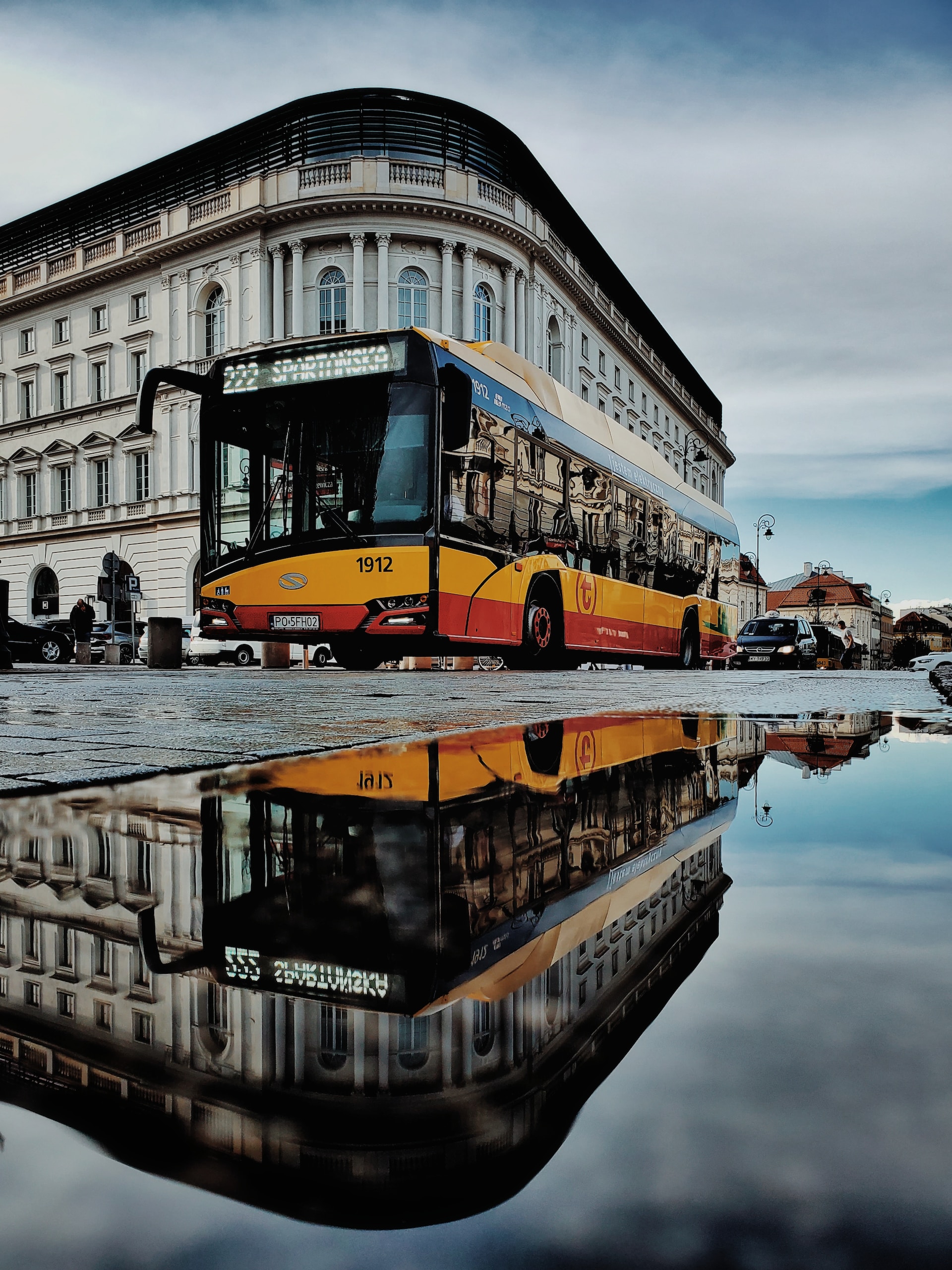- 10 May 2023
- 60
Electrifying Progress: How Colombia’s Women-Led Bus Fleet Transforms Bogotá’s Public Transit System

Bogotá, the capital city of Colombia, has long been known for its congested streets and unreliable public transportation system. However, a new initiative led by a group of women is changing the game. The initiative involves the creation of an all-electric bus fleet that is not only environmentally friendly but also provides a safe and reliable mode of transportation for the city’s residents.
The initiative is the brainchild of Claudia López, the first female mayor of Bogotá, who has made it her mission to transform the city’s public transportation system. López’s vision was to create a fleet of electric buses that would be operated and maintained by women, providing them with employment opportunities and empowering them to take on leadership roles in a male-dominated industry.
The initiative has been a resounding success, with the electric bus fleet now comprising over 400 buses, all of which are operated and maintained by women. The buses are equipped with state-of-the-art technology, including GPS tracking and onboard cameras, to ensure the safety and security of passengers.
The electric buses are also environmentally friendly, emitting zero emissions and reducing the city’s carbon footprint. This is a significant achievement for a city that has long struggled with air pollution, which has been linked to respiratory illnesses and other health problems.
The success of the initiative has not gone unnoticed, with other cities around the world looking to replicate the model. The electric bus fleet has become a symbol of empowerment for women and a beacon of hope for cities struggling with transportation and environmental issues.
However, the initiative has not been without its challenges. One of the biggest challenges has been the cost of the electric buses, which are significantly more expensive than traditional diesel buses. The city has had to rely on funding from international organizations and partnerships with private companies to finance the initiative.
Another challenge has been the resistance from traditional bus operators, who have been threatened by the success of the electric bus fleet. The traditional operators have accused the city of unfair competition and have staged protests and strikes in an attempt to derail the initiative.
Despite these challenges, the electric bus fleet has continued to thrive, providing a safe, reliable, and environmentally friendly mode of transportation for the city’s residents. The initiative has also empowered women, providing them with employment opportunities and leadership roles in a male-dominated industry.
The success of the initiative is a testament to the power of innovation and collaboration in addressing some of the world’s most pressing challenges. It is also a reminder that women can be powerful agents of change, capable of transforming entire industries and communities.
As the world continues to grapple with transportation and environmental issues, the electric bus fleet in Bogotá serves as a shining example of what is possible when we think outside the box and work together towards a common goal.
The initiative has also had a positive impact on the city’s economy, creating jobs and boosting local businesses. The women who operate and maintain the electric buses have become role models for young girls and women in the city, inspiring them to pursue careers in traditionally male-dominated fields.
The success of the initiative has also attracted attention from international organizations and governments, who are looking to replicate the model in other cities around the world. The electric bus fleet in Bogotá has become a symbol of hope and progress, demonstrating that sustainable and equitable transportation systems are possible.
In conclusion, the women-led electric bus fleet in Bogotá is a game-changer in the world of public transportation. It is a shining example of what is possible when we prioritize innovation, collaboration, and gender equality. The initiative has transformed the lives of the city’s residents, providing them with a safe, reliable, and environmentally friendly mode of transportation. It has also empowered women, providing them with employment opportunities and leadership roles in a male-dominated industry. As the world continues to face transportation and environmental challenges, the electric bus fleet in Bogotá serves as a beacon of hope and a reminder that change is possible.

